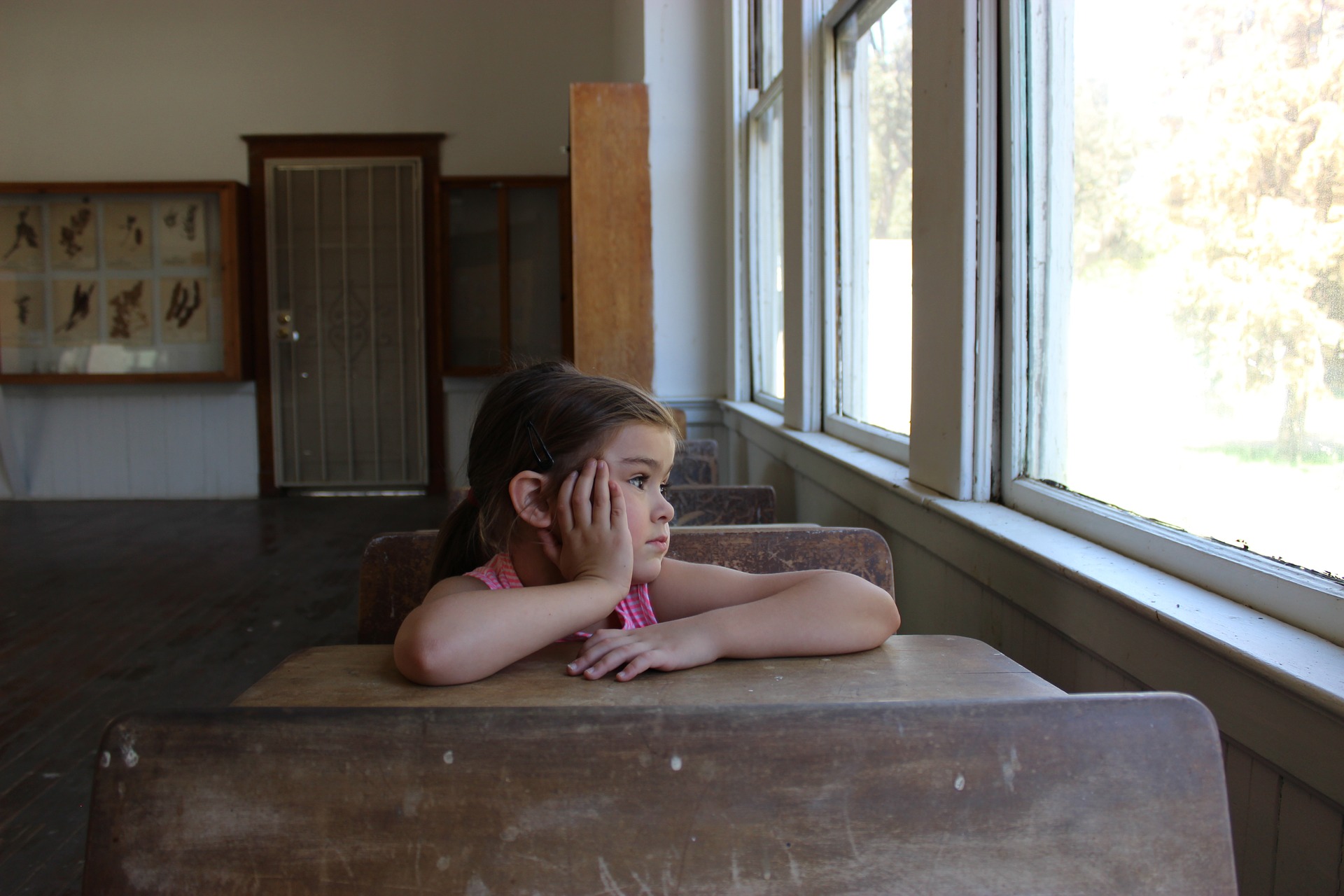As a parent, you’ve witnessed the positive impact of martial arts on your child’s life – increased discipline, improved focus, and a boost in self-confidence. However, there may come a time when your child wants to take a break from martial arts lessons. Before you panic or dismiss their request, it’s essential to approach this situation with understanding and open communication.
First and foremost, it’s crucial to recognize that children, like adults, go through phases in their interests and passions. A temporary pause from martial arts doesn’t necessarily indicate a loss of enthusiasm or commitment. It might be a natural part of their evolving interests, and allowing them the space to explore different activities can contribute to their overall personal development.
Start by having an open and non-judgmental conversation with your child. Ask them why they want to take a break and listen attentively to their responses. They may feel overwhelmed by school commitments, seeking to explore new hobbies, or needing a short recharge break. Understanding their perspective will enable you to support their decision and address their concerns.
It’s essential to discuss the benefits of martial arts and the positive impact it has had on their life. Remind them of the skills they’ve acquired – discipline, self-control, and resilience – and how these attributes can be valuable in various aspects of their lives. Emphasize that a break doesn’t have to be permanent and that they can always return to martial arts when ready.
Explore the possibility of a compromise. If time constraints or other activities are the primary reasons for wanting a break, consider adjusting their martial arts schedule to accommodate their other interests. Finding a balance between martial arts and other activities can be a constructive way to address their changing priorities without altogether discontinuing their training.
Additionally, involve their martial arts instructor in the conversation. Martial arts instructors often serve as mentors and role models for their students. Their insight and support can be valuable in understanding your child’s decision and discussing potential options for maintaining a connection with martial arts, even during a break.
Ultimately, the decision to allow your child to take a break from martial arts should be made collaboratively. While it’s essential to emphasize the importance of commitment and perseverance, respecting your child’s evolving interests and priorities is equally important. By fostering open communication and understanding, you can navigate this phase with grace, allowing your child the freedom to explore while keeping the door open for their return to the dojo when they are ready.



